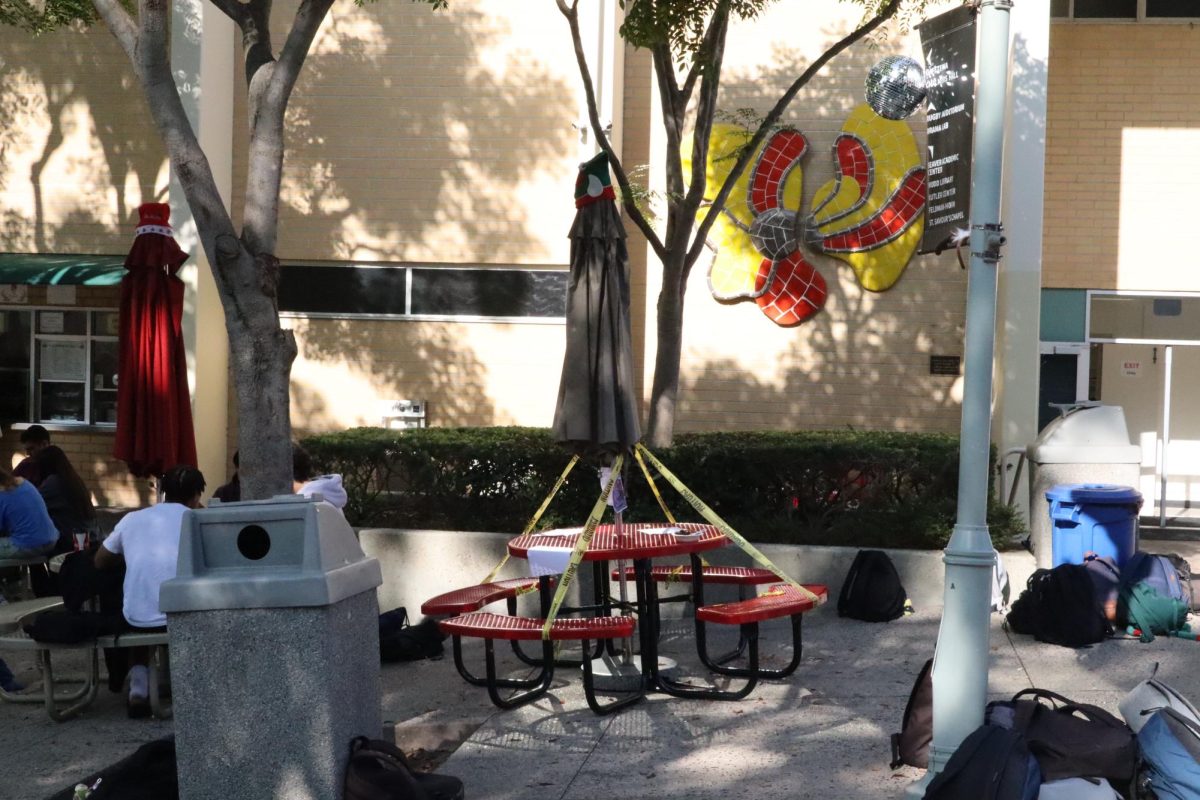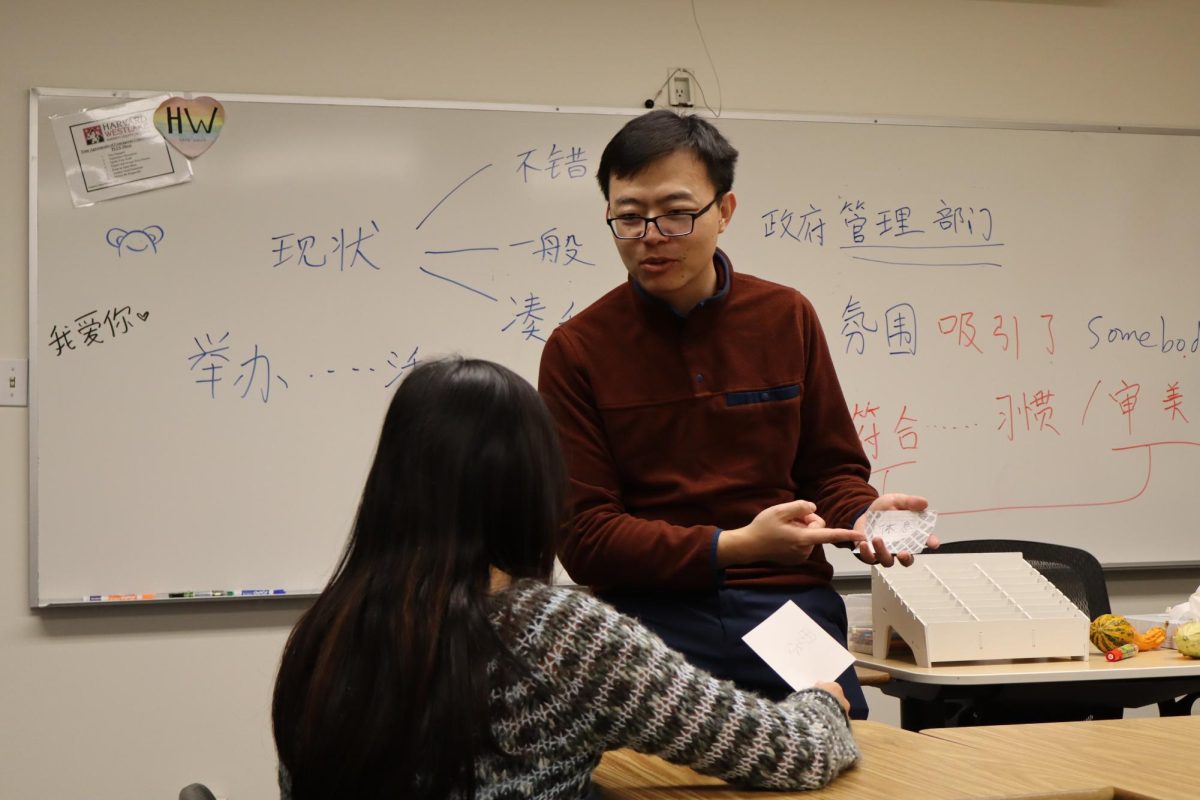The Kutler Center Junior Fellowship Program awarded Leo Craig ’24 a grant of $4,000 to travel to Uintah Basin, Utah to study the effects of green energy conversion on local regions dependent on the oil and gas industries.
Green energy transitions are transitions from natural fossil fuel based energy consumption methods to those that are more sustainable and environmentally friendly.
Craig said he chose this project to explore the relationship between the energy industry and its environmental impact.
“I hoped to learn more about the green energy transition and the places it’ll impact the most to deepen my knowledge abouthow the energy landscape and infrastructure impact the environment, [which is] a particular interest of mine,” Craig said.
Craig looked at the industrial oil and gas region in the Uintah Basin, in which new renewable energy projects underwent construction recently. Craig said the indigenous Ute Tribe of the Uintah and Ouray Reservation, who were economically dependent on the local oil and gas industry, would be most affected by the green energy transition projects.
“It’s an oil and gas producing region that also has multiple under-construction renewable energy transmission lines crossing it,” Craig said. “The region is also home to the Ute Indian Tribe of the Uintah and Ouray Reservation, and the tribe is heavily dependent on oil and gas leasing revenues and royalties for funding its government and providing assistance to tribal members.”
Craig said closing a settlement negatively impacting at least one party involved would require a supportive effort to aid those affected.
“In talking to them, I learned that it’s very important to take their perspectives into account when planning and executing these necessary green energy projects, since they will be the ones most heavily impacted,” Craig said. “More planning is needed to provide Basin residents, and especially Ute tribe members, with opportunities to become integrated within the green economy and mitigate as much economic pain as possible. Although many residents of these areas believe oil and gas aren’t going away anytime soon, a swift transition is necessary to combat the equally swiftly intensifying effects of climate change.”
Craig said his advice to other students is to prepare appropriately when proposing a significant change in any situation. “I would want other Harvard-Westlake students to know that, as with many other things in life, careful planning and deliberation is necessary before commencing a major shift,” Craig said. “In this case, the policymakers need to address the economically murky future these regions face with adequate place-based adjustment policies that will provide residents with easily accessible opportunities in the new green economy.”



































